Recycling for South Africans
Recycling is a real deal for South Africa. Find out how you can help our country by doing your bit.

By now, we all understand how important recycling is what we can and as often as possible too. South African would love to be able to have good recycling habits by 2016. Their aim is to have every house separate it’s waste, and to have every municipal waste site recycle the various materials instead of them going to landfills. As of 2010, only 3.3% of South Africa’s urban population said that they recycled their waste, and a staggering 73% said they did not recycle at all. Many people said it was too much of an effort to separate materials, or that they didn’t know how and what to recycle, or that recycling facilities weren’t easily accessible.
Recycling is a lot easier than you think, if you might believe otherwise. It simply requires a bit more thought before throwing something away, and using more than one rubbish bin. You can easily have a little as 3 bins to separate your waste. One bin dedicated to general rubbish can be thrown away with the usual weekly collections, and the other two can be taken to your local municipal waste site. Check Pikitup’s website for all their waste site locations, there might be one close to you.
If you weren’t sure how to recycle or what to recycle, here is a super simple breakdown so you’ll never have to be uncertain again!
Recyclable Materials:
– Metal
- Drink cans
- Food cans
- Metal lids
- Tinfoil
- Paint, oil and aerosol cans – some paint cans need to be disposed of carefully, check the label or take it to the waste site and ask
– Glass
- Drink bottles
- Food jars
– Paper
- Printer paper
- Magazines and books
- Newspaper
- Cardboard
– Plastic
- Ice cream containers
- Milk bottles
- Cleaning product bottles
- Plastic bags
– TetraPak
- Fruit juice and milk containers (these are specially coated and have a foil layer inside which needs to be separated for recycling
– Batteries
- Disposable batteries (keep them separate from general rubbish and they contain chemicals that should be handled specially when recycling)
Non-recyclable Materials:
– Broken household glasses (the kind you drink from)
– Light bulbs
– Laminated paper
– Wax-coated paper
– Punch clippings
– Carbon paper
– Stickers
– Pyrex
– Ceramic
Take a day to invest in some extra bins and set up a mini recycling station (check out examples below) and see just how easy it actually is. Once you’ve set up your bins and separated the waste, schedule a weekly or bi-weekly trip to your nearest refuse site to dispose of these materials. Check out Pikitup’s map of refuse sites and find the one that’s closest to you. Share your experience with friends and family and get them on board, you’ll be doing your bit to helping our country stay beautiful!

Buy several matching bins and store them neatly in your kitchen. It looks tidy and makes it easy to separate materials as you throw away.

Old tin buckets can be decorated with labels and stickers and can easily store the various materials for recycling – and they look great too!

If you enjoy making things yourself, build a crate with some spare wooden planks and attach wheels underneath to make it easier to move around. This is great if you have lots of waste to separate and need a large container for it.

Another neat example of matching bins for separating waste. Put labels on the inside of the lid if you want to keep it extra tidy.

A super easy way to separate materials – use fabric shopping bags and put use sticker to label them. These are affordable and simple to set up, and washable if they get dirty. Plus they’re friendly to the environment!

Another great DIY example, and old chalkboards can be attached to the front to label different materials.

More great tin buckets to separate your waste, use the lids to keep everything inside and keep it tidy.

